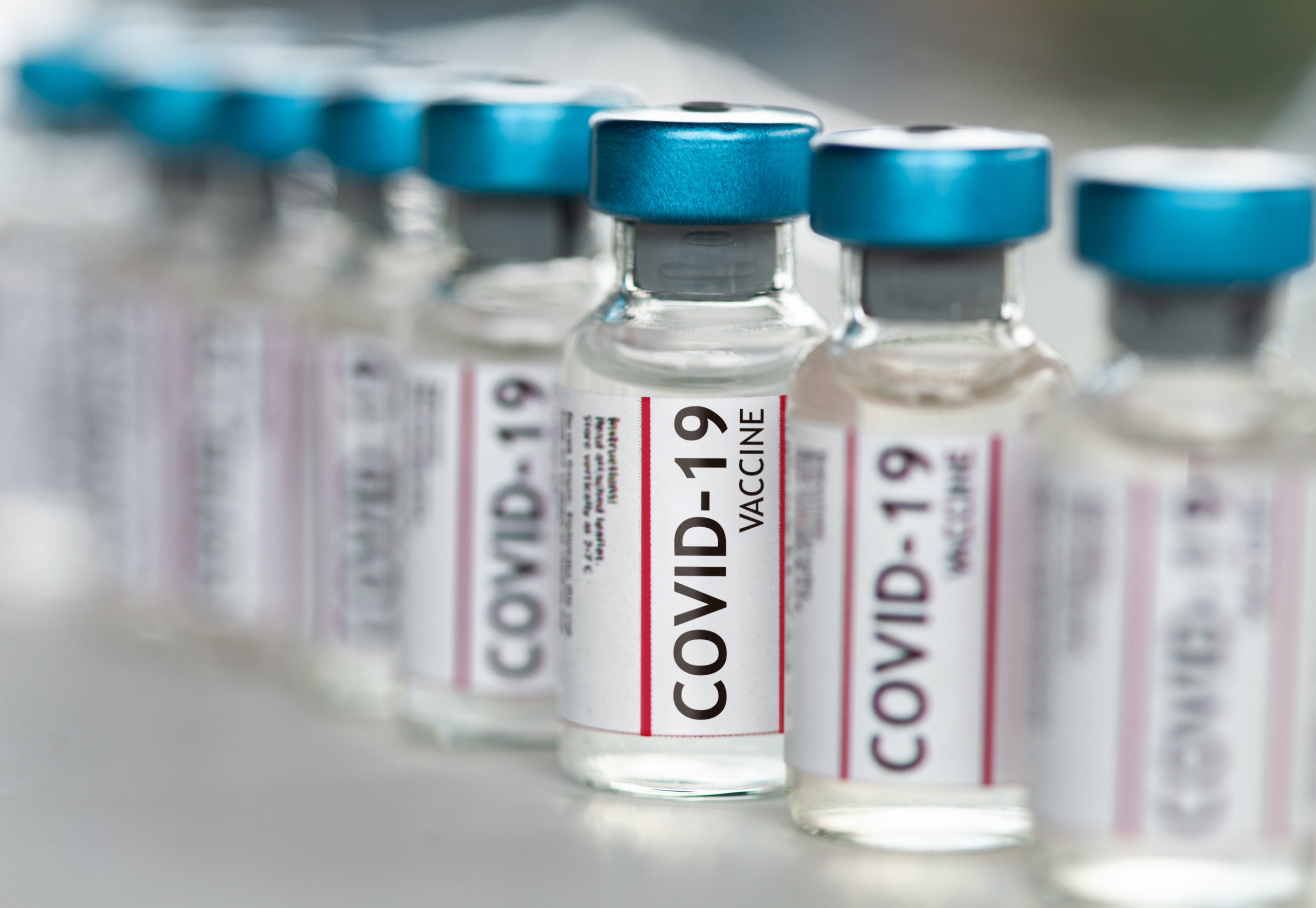There is evidence to show that an equitable roll-out of COVID-19 vaccines globally would dramatically reduce the loss of life. Yet despite this, rich countries have clambered to purchase the bulk of available doses to the detriment of other countries and themselves, in some cases purchasing enough to vaccinate their population twice, or even five times over.
The new Director-General of the World Trade Organization (WTO) has said that she wants “vaccine equity”. WTO members meet this week to discuss a proposal to waive intellectual property (IP) rights on COVID-19 related products. It’s now down to wealthier countries to decide between protecting the excessive profits of companies, or relinquish the status quo for a fairer and safer world.

The TRIPS waiver proposal, led by South Africa and India, calls for a temporary waiver of some TRIPS Agreement provisions to ensure all countries have access to COVID-19 vaccines and medicines.
Dr. Ngozi Okonjo-Iweala took up the role of the World Trade Organization’s (WTO) new Director-General on 1 March 2021.
Okonjo-Iweala said a key priority for her would be to work with WTO members to quickly address the economic and health consequences brought about by the COVID-19 pandemic.
She also said the WTO itself needed to change: “It cannot be business as usual. We have to change our approach from debate and rounds of questions to delivering results.”
Once in a generation opportunity
This week (10-11 March 2021) WTO members will meet. It is on the agenda to continue to debate the waiver proposal, but a vote is not expected at this time, and the next regular meeting is not scheduled until 8-9 June 2021.
For Okonjo-Iweala to quickly address the consequences of COVID-19 and break from business as usual, as she has stated, then more decisive action will be required before the next meeting in June.
A pandemic should not be an opportunity for profiteering. In April 2020 investment firms described the opportunity for “super profits” during the pandemic as a “once in a generation opportunity”.
As a multi-billion dollar industry, pharmaceutical companies invest heavily in PR and legal firms, in order to protect their reputation and profits. It is indefensible, both logically and morally, to put profit ahead of lives during a pandemic (or any time).
However, key players have already begun fabricating reasons why the TRIPS waiver won’t work, incorrectly stating that it is because of the current patent system that vaccines were developed so quickly, and to remove intellectual property (IP) protections would make the world more vulnerable to mutations of the COVID-19 virus or future pandemics by reducing innovation. This is false.
This argument deliberately conflates patents with innovation. One intention behind granting patents and monopolies on medicines was to reward and stimulate innovation, but it has resulted in the opposite.
Over recent years the number of patents has rocketed, but the number of medical breakthroughs are down. This is proof that the system is in fact failing.
No country can afford to be dictated to by big business. Medical breakthroughs happen as a result of mixed investment, including a significant amount of public investment and the involvement of public in trials. Medicines must be restored to a public good, as they were pre-1995 and the TRIPS Agreement.
Who’s in favour, and who is against?
This map shows which countries are currently for or against the waiver. It roughly correlates with richer countries, who are receiving the vaccines quicker, voting against; and poorer countries, some of which may not receive the vaccine until 2023, voting in support.
The current patent system fuels this unequal playing field, which has been described as “vaccine nationalism” or “vaccine apartheid”. While those living in richer countries may feel relief at receiving the vaccine this year, the fact is, if rollout isn’t equitable we are all more at risk.
Modelling by Northeastern University, Boston, USA, indicates that if the first 2 billion doses of COVID-19 vaccines were distributed proportionally by national population, worldwide deaths would fall by 61%. But if the doses are monopolised by 47 of the world’s richest countries, only 33% fewer people will die.
Extending the debate among WTO members, without action, will also extend the pandemic and with it, continue the long-term economic consequences and avoidable loss of life.




